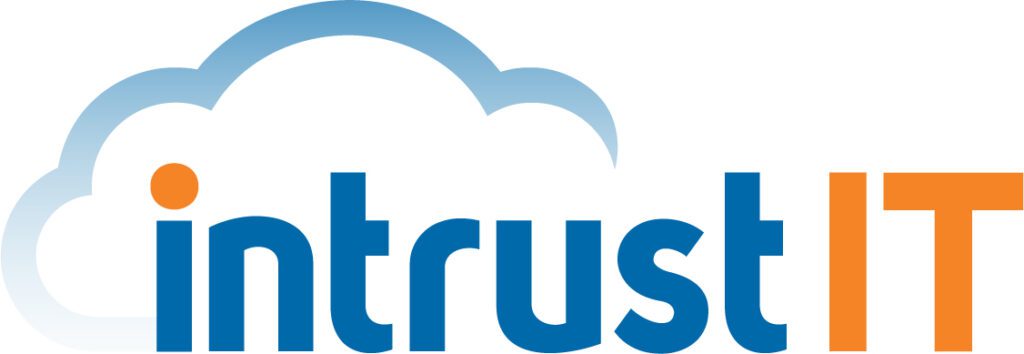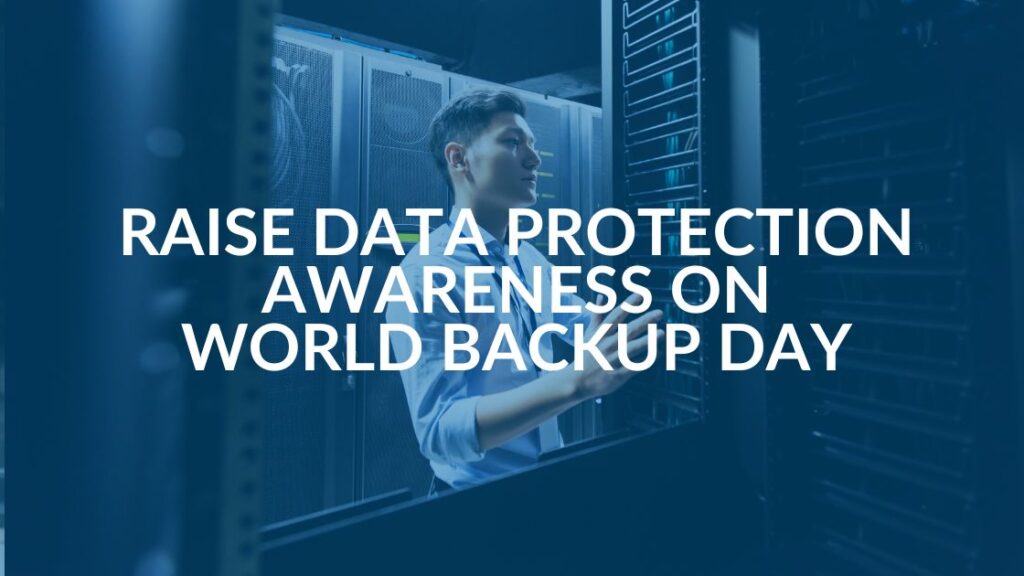Cloud Computing Advantages for Business

The importance of having your business in the cloud became very apparent when the stay-at-home orders slowly came down from state and local agencies in the first quarter of 2020. The immediacy of working from home created a mad scramble for many businesses to connect their workers in a safe and productive way. This gave a shot of adrenaline to an already growing trend: the shift to cloud computing.
What Is Cloud Computing and How Can it Help My Business?
The term cloud computing conjures up images of data floating in the air with no pesky servers or computers to tie it down. But the reality is far different. Data in the cloud is not on one server or computer, it’s shared across multiple computers and, sometimes, multiple data centers. This allows it to be accessible from anywhere.
The goal of cloud computing is to allow users to enjoy the benefits of secure online data storage without needing the deep expertise or man hours to maintain it. The cloud aims to cut costs and helps the users focus on their core business.
Here is a brief overview of cloud computing advantages for business that we will dive into more detail about below:
- Improves manageability
- Keeps IT infrastructure costs to a minimum
- Accessibility from anywhere
- Less maintenance for your business
- Easier to adjust at peak demand cycles
- Redundancy of backups
- Security
It is important to note that cloud computing is very different from hosted data. With hosted solutions, your data is placed on someone else’s server. With cloud solutions, your data is shared across multiple servers. While there are benefits to hosted data solutions over the more traditional owned and onsite servers, hosted data does not provide the same benefits as cloud solutions.
Cloud Computing Advantages for Business
- Agility. Cloud computing increases user flexibility with adding or expanding technological infrastructure resources on an as-needed basis. How much data storage will you need in the next year? From how many locations will you need to access that data? With cloud solutions, you don’t need to answer those questions months in advance because you can scale your data storage up or down depending on your needs.
- Cost reductions. With a public-cloud delivery model, you’ll no longer need to plan for capital expenditures, like purchasing servers. Instead, you will plan for the operational expense of third party infrastructure. This saves money in two key ways:
- You only pay for what you use (usage-based pricing)
- You’ll need fewer IT hours to implement and manage
- Device and location independence. Data is housed off-site and accessed via the internet, which means your users or staff can connect to it from anywhere.
- Easy maintenance. Cloud computing applications do not need to be installed on each user’s computer, so those programs are accessible even if they’re working from a different workstation or travelling.
- Multi-tenancy. Cloud computing enables sharing of resources and costs across a large pool, which means:
- Infrastructure can be centralized in locations with lower costs
- Peak-load capacity increases
- Efficiency improvements for systems that are often underutilized
- Productivity. Multiple users can work on the same data simultaneously, rather than waiting for it to be saved and emailed. Users also no longer need to install application software upgrades to their computer.
- Business continuity. A well-designed cloud solution makes use of multiple redundant sites, so that your data is protected and available even if there is a disaster or cyber security threat.
- Security. Security is often as good as or better than other traditional systems, in part because service providers are able to devote resources to solving security issues that many customers cannot afford to tackle or which they lack the technical skills to address.
Public Cloud vs. Private Cloud
Public clouds are more economical because the servers used to house your cloud data will also be used by others to host their cloud data (the data itself is still secure and not shared). That’s why it’s called a public cloud. Private clouds are designed for each company and dedicated to your business only. Not surprisingly, private cloud solutions are more expensive.
The beauty of cloud computing is your business can start out in a public cloud and move to a private cloud. As your business grows and you are able to expand, the clouds can expand with you.
Is Cloud Computing Safe?
Not only is cloud computing safe, but it is often more safe than self-hosted data options for two reasons:
- Since all your data is not stored in one place, it is less likely that ALL the places it is stored will have a disaster leading to data loss.
- Cloud services providers have a deep level of expertise in data security, far more than most small or medium sized businesses can afford to hire in house
According to the Cloud Security Alliance, the top three threats in the cloud are:
- Insecure interfaces and APIs
- Data loss and leakage
- Hardware failure
So be sure to check the reputation of the service provider you choose for the above listed issues. Do a comparison chart between providers before you make a decision. Or, have a quality managed service provider (MSP) do this due diligence for you. This will ensure you receive all the cloud computing advantages for business.
Privacy in and of the Cloud
Always read the privacy policy of your cloud services provider (yes, read the fine print). Your business is only as secure as the privacy policy of your vendor, so if they allow the sharing of your data, that is now your level of data security.
Data distributed over a wider area or over a greater number of devices will require more complex security. Businesses that choose private cloud installations are motivated, in part, by a desire for more control over the infrastructure and information security of their cloud.
Again, this is an area where a trusted MSP can help, both in choosing a secure vendor and in implementing your cloud solutions in a way that best meets the needs of your business.
Getting Started With Cloud Computing
Contact us to help you with your cloud needs. We will analyze your business needs and implement the right strategy for you. When moving to a cloud platform, you might not see the benefits immediately, but the right IT partner can monitor and adjust your solution to maximize your IT infrastructure investment over time.
Share this Blog
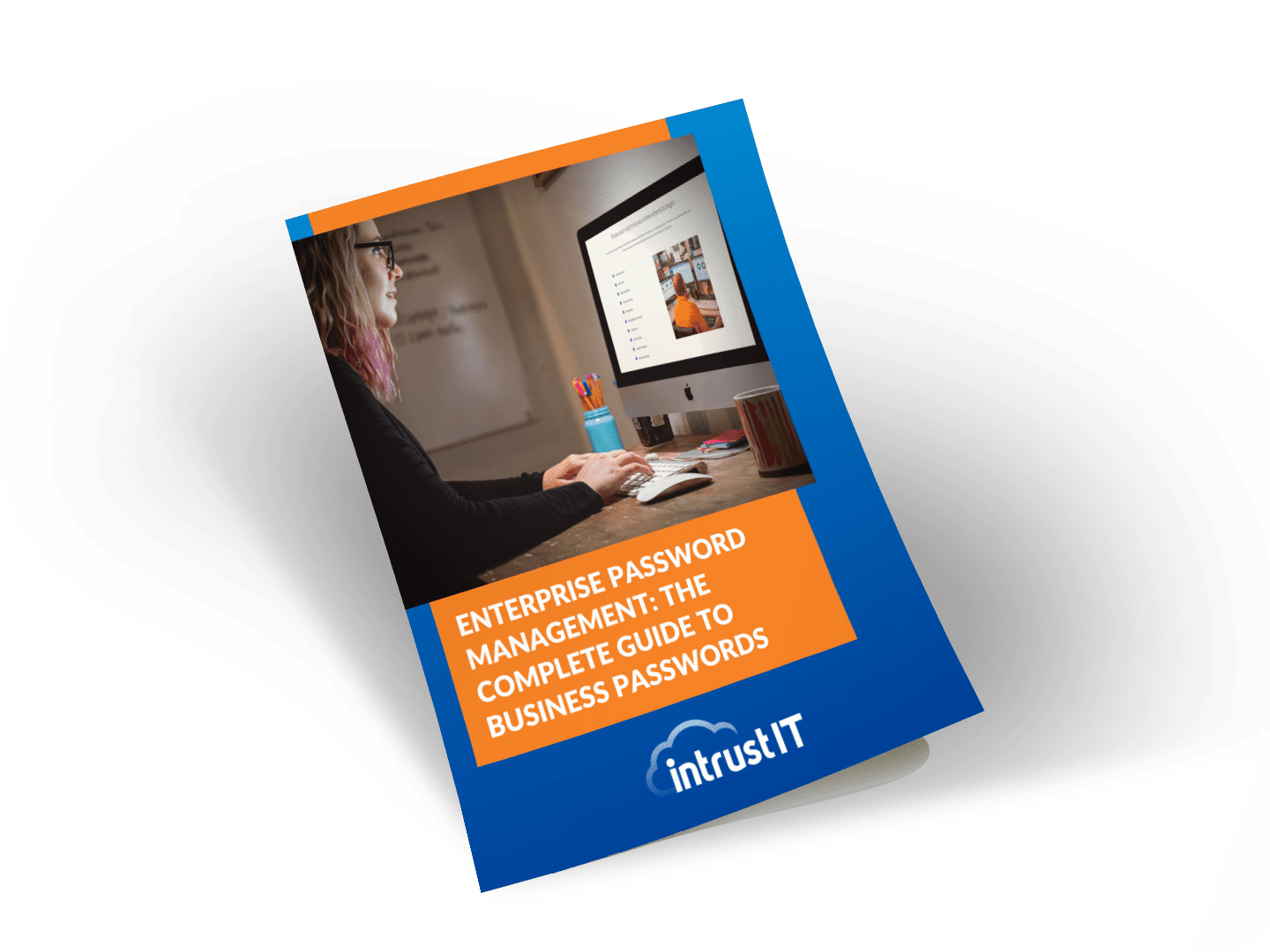
Is Your Name or Birthday a Part of Your Password?
If so, you’re a part of the 59 percent of people who don’t follow proper password hygiene. More than 70 percent of passwords are used for more than one system, meaning if cybercriminals crack one, they can access a lot more accounts.
Our free Enterprise Password Management Guide will give you the best password hygiene practices to help you secure your computer and your business.
Download the Guide
Explore the Latest Trends in IT
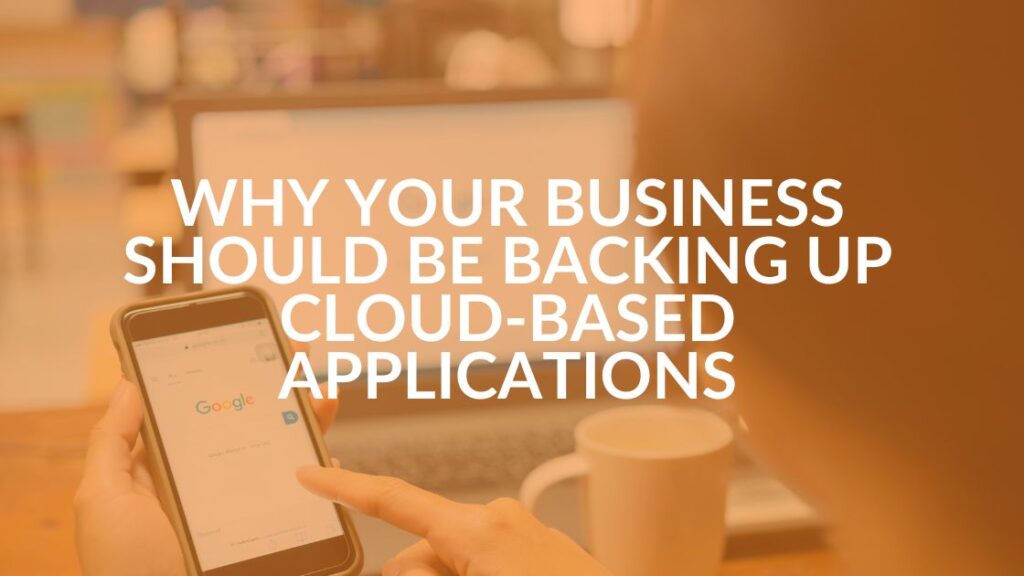
Microsoft 365 and Google Workspace: The Importance of Backing Up Your Cloud-Based Applications
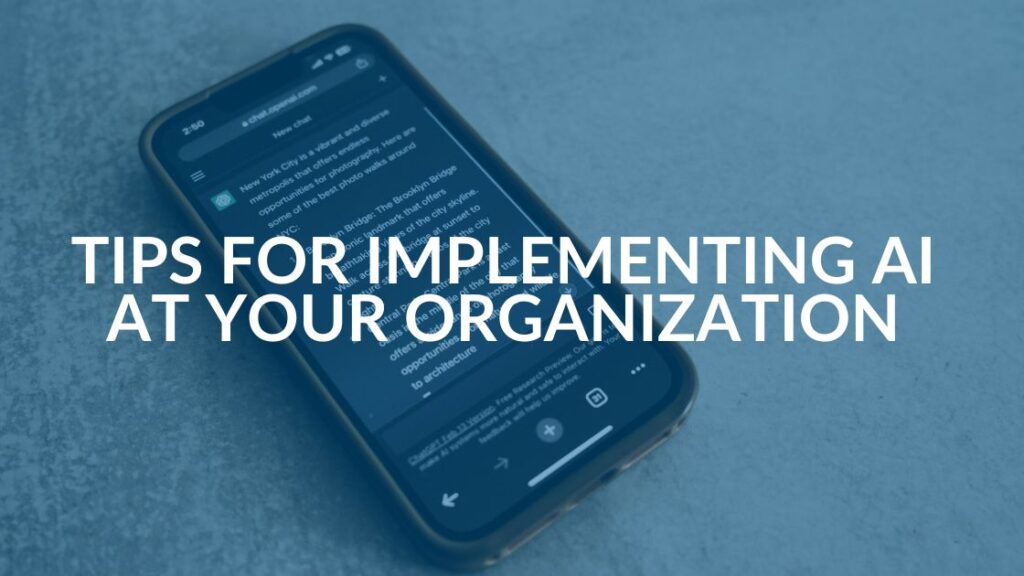
AI Guiding Principles

Edge vs Chrome Security: Which Is the Best Browser for Your Business?

